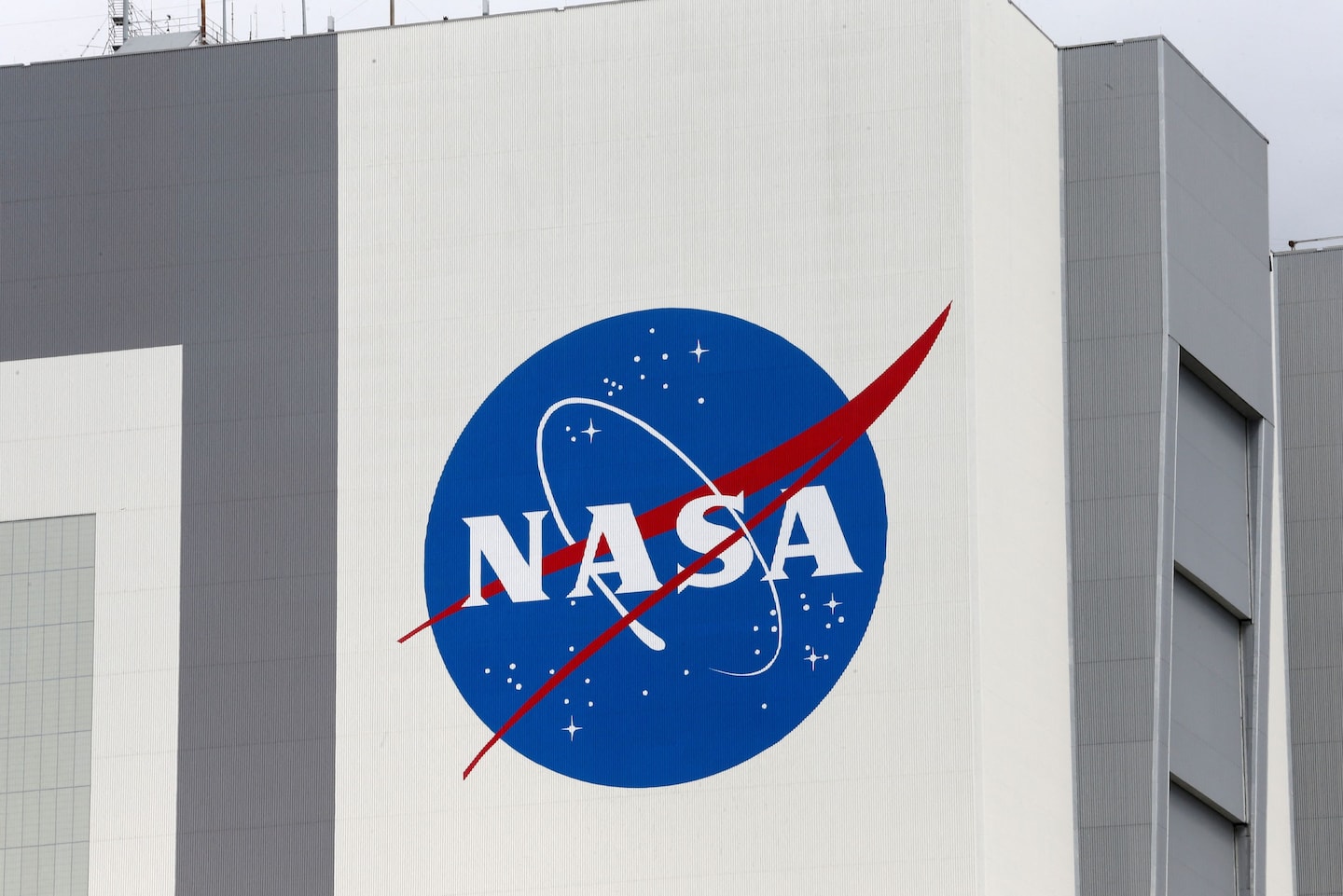
Florida family whose home was hit by space debris files claim against NASA
- Science
- June 23, 2024
- No Comment
- 202
Homeowner Alejandro Otero previously told The Washington Post that on the day of the incident he received a panicked call from his son. He returned home to find the dense, cylindrical piece of charred metal a little smaller than a soup can lodged in a wall, and knew immediately it “was from outer space.”
“My clients are seeking adequate compensation to account for the stress and impact that this event had on their lives,” the family’s attorney, Mica Nguyen Worthy, said in a news release. “If the debris had hit a few feet in another direction, there could have been serious injury or a fatality.”
NASA did not immediately respond to a request for comment on the legal claim.
NASA previously confirmed that the 1.6-pound cylindrical object that smashed through the roof of the Otero’s house was a piece of a 5,800-pound cargo pallet carrying old nickel hydride batteries released from the International Space Station in March 2021.
The space junk had been expected to burn up upon reentering the Earth’s atmosphere, but somehow survived, sparking concerns about a possible increase in such incidents in the future.
GET CAUGHT UP
Stories to keep you informed
“Space debris is a real and serious issue because of the increase in space traffic in recent years,” Worthy said.
How NASA responds to the claim could set a legal precedent for how it treats such incidents when they involve U.S. citizens and residents, Worthy said. She is asking NASA to treat the family’s case in the same way that it would meet its obligations under international space law.
In the case of international incidents, the “launching state” — the country that procured an object’s launch or the country from which it was launched — is liable for any damage its objects cause. In the early ’80s, the Soviet Union agreed to pay millions in compensation after a malfunctioning satellite burned up over Canada.
“If the incident had happened overseas, and someone in another country were damaged by the same space debris as in the Oteros’ case, the U.S. would have been absolutely liable to pay for those damages,” Worthy said.
Worthy did not immediately respond to questions on the claim, including how much the family is seeking. She told science and technology publication Ars Technica that the claim is “in excess of $80,000.”
NASA has six months to respond to the claim under the Federal Torts Claim Act, she said in the news release. The claim includes noninsured property damage loss, business interruption damages, emotional and mental anguish damages and the costs for assistance from third parties.
Praveena Somasundaram and Daniel Wu contributed to this report.
#Florida #family #home #hit #space #debris #files #claim #NASA









